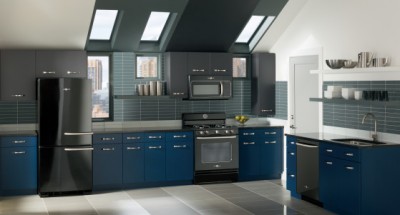Will Millennials Change the Consumer Landscape?
A study by Unity Marketing, a market research group that specializes in affluent consumers, thinks the spending habits of millennials, according to this article from USA Today, will change the luxury goods landscape in the coming years.
Depending on who you ask, millennials are either completely innovative or just way too into themselves. But one thing seems inevitable: They’re set to be the chief influence on the consumer landscape for the next few decades.
Also referred to as Generation Y, millennials are roughly categorized as anyone born between the early 1980s and early 2000s, according to the article.

This photo was taken from USA Today
Currently responsible for over $800 billion in yearly sales in the United States alone, the not-so-affluent generation is set to shake up the status quo when its members reach their peak earning years around 2020.
While manufacturers from the past would normally celebrate when a generation reaches their financial-coming-of-age, since it signals the rise of a new wealthy consumer class, the outlook is looking pretty bleak for 21st century businesses.
The study determined that millennials will differ from previous generations when it comes to more extravagant items, even going so far as to reject such established status symbols. Instead, they may place emphasis on earned as opposed to purchased status.
Consequentially, the term “luxury” will inevitably lose a great deal of its power in the consumer industry. Millennials regard the word as a marketing tool, not a guarantee of quality.
Now, manufacturers will have to convince these new shoppers that their top-shelf goods are indeed worth the additional cost. That should be interesting.
Millennials also place more value on their personal time than the generations that came before them. That means they may not choose to work every weekend and sometimes prefer to spend less time clocked-in, even if it means making less money. As a result, they’ll have less disposable income for high-end goods like a flashy stove or luxury refrigerator.
Finally, millennials are more likely to let ethical, environmental, and social values drive their consumption habits. This trend is already causing changes in advertising across numerous industries.
There are signs that companies are already preparing for the changes in consumer habits the next generation will bring. GE, for example, recently unveiled its Artistry line. This series of high-end appliances was designed by 27-year-old designer Tomas DeLuna, with the express purpose of courting millennial buyers.
It’s impossible to know what the future has in store for the luxury goods market, but one thing is unavoidable: Manufacturers will need to adapt.





